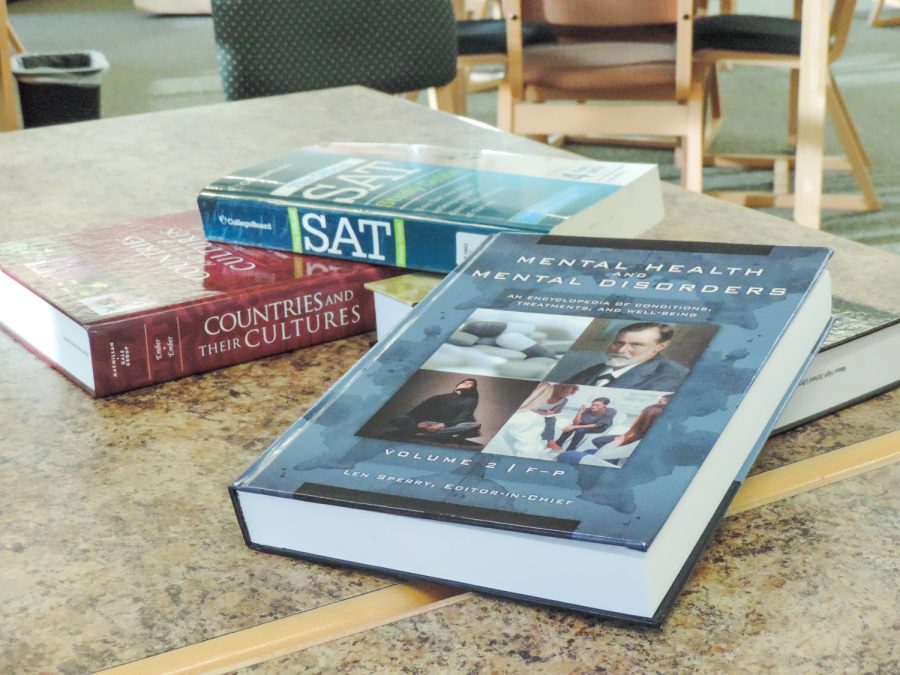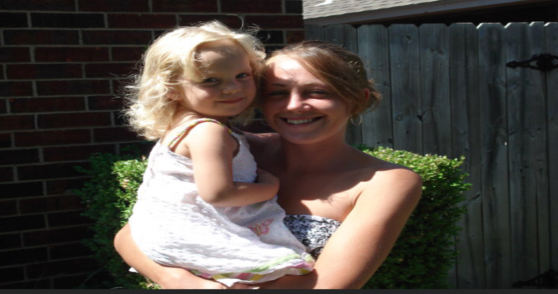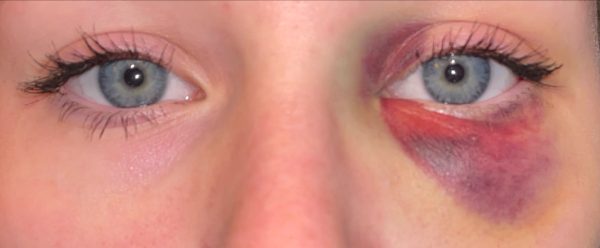The woes of the overachiever
An inside look into the high school subculture that is perfectionism.
I get home after a few hours of extracurriculars. Depending on the time of the year, I can get home at 4:00 in the afternoon or not be home until 6:00 in the evening. Then, I normally spend at least an hour trying to relax from my day of all honors and AP courses before I start on my hours of homework that must be A+ worthy; otherwise, it will end in tears and heartache. As I start my homework, I know that I will give up sleep for the sake of my grades, and I dread the next morning of stress and little sleep that will undoubtedly come.
There just aren’t enough hours in the day. I can’t get it all done; the school work, the homework, the clubs, the sports, the self-care. It is quite literally impossible to do it all.
And so things are sacrificed. It’s not the time we devote to homework and school that’s given up; it’s the time for us to do things to unwind and process what has happened in the day that is disregarded and tossed out the window. But such are the customs of those who strive to do their best to be the best.
I am honestly afraid to take my “homework” home because I’m scared I won’t get any “me-time” to do the things I want to do. With the several extracurriculars I have and the expectations to get a job within the next few months, I wouldn’t get any me-time if I delayed doing my homework until I got home. Instead, I choose to use the one off-block I have and my lunchtime to try to do my homework ahead of time (if it’s posted and available) so I don’t have to get it done at home. Sometimes I even resort to doing the homework in class while the teacher is still teaching so I might lessen the workload I’ll have to tackle after school.
Oftentimes overachievers are seen as teacher’s pets, and others can be annoyed with us because we “make the rest of them look bad.” I worry about being a teacher’s pet. I would like to not care as much, like everyone else appears to. However, after years of the only attention I get being because I overachieve, I don’t want to be forgotten and ignored by teachers.
When you understand the material and do your work, you don’t get any attention from teachers. The only crumb of attention and admiration comes when you go above and beyond and overachieve and even that is fleeting because the teacher quickly moves on to help the struggling students who need extra help.
As overachievers, we tend to be seen as superhuman and, because our peers and even our teachers sometimes are blind to our human feelings, it can feel cruel. It hurts to not fit in, to be told that my struggles aren’t valid, and that I have it so easy by my peers. It hurts when I am laughed at by my teachers and parents when I am concerned about my grade and when my mom says “come to me when you have a real problem” when I am worried about school. People who don’t understand seem to take personal pleasure from seeing me fail. If that wouldn’t mess with your head, I don’t know what would.
Many times, especially during this year in my math class, I’ve been told by peers who I considered to be my friends that my worries about my grades weren’t valid because I’d always succeeded in the past. There was one test last semester that I remember vividly. It was Unit 3 in our math class and I remember not doing as well as I might’ve liked in the unit overall. I wasn’t confident on this test and I knew I didn’t do as well as I have in the past. When I went to go confide in my friend that I was nervous about it, he basically told me, ‘Shush, you’re going to get an A and be fine.’ Lo and behold, I got a C+, a grade that, to some, might be excellent, but to me, it might as well have been an F. I have never gotten a C in my life and, if I’m being honest, it shook me a bit; not because of the letter staring at me, but because I wasn’t meeting my definition of success.
We struggle as well in school and sometimes we need help. While we might be fine 90% or so of the time, we do have subjects or units that we struggle in, but because we are sometimes denied inclusion to our peer groups, we are also denied the benefits of inclusion like getting help in a subject we don’t understand. I know I struggled hard with exponents and I struggle with timed writings, but I don’t know who I can reach out to to ask for help. Teachers are great, but sometimes they get busy or they don’t explain it in a way I can understand. When these situations arise, I need to ask my classmates for help or for them to explain it to me, but more times than not, they laugh me off or are reluctant to help and I am left to struggle on my own. It almost seems like our so called “intelligence” is taken for granted because people think we’re just naturally smart. Some of it might be natural, but a lot of it is the fact that we work ourselves to the bone to get those good grades in AP and honors classes. But, just like everyone else, we have our shortcomings as well.
There is an understanding among other overachievers of what exactly that term means for us and our lives. The camaraderie and community I find with other overachievers is comforting—knowing that you can say something about how overwhelmed you are and not get condescending “oh poor you” from people who don’t understand, but instead a hug and an “I’ve-been-there” or “it-will-be-okay.” We come in many different forms and from very different lives, but we share a deep understanding of the struggles others experience.
Although this community is kind, it’s also competitive: part of the overachiever ideal is to be the best, and to be the best means that second place isn’t okay.
Some days, it is hard because the friends I love the most are also often the ones I feel the need to “beat” at academics. We ask each other what we got on tests, and it—truthfully—always feels good to realize you got the best score even though you want your friends to be successful. It makes me feel guilty to want my friends to do worse than me, but the pressure I feel is alleviated when I know that I wasn’t the one who did the worst. Normally that just means a B instead of an A, but when you are the one who got the B, you always feel like a failure.
Because of this, I am constantly checking my grades. For ninety percent of my school career, school has come relatively easy for me because that’s just always been my strengths. I’d always count down the days to getting my report card because my school only mailed them out every quarter or so. But now, with Infinite Campus, my grades are just a touch away and my paranoia of getting a bad grade has me checking every day. I literally have to make a conscious decision every day to not look so that I don’t panic if a solid A has slipped to an A- or a B.
It’s almost an identity crisis when we get a lower grade, to be honest. When we’ve been known as straight A students our whole lives we’ve incorporated it into part of who we identify as. But when we fall out of that straight A category, we panic a little bit because it feels like we’re losing a part of ourselves and a bit of our worth.
When your worth is your grade, you know there is something wrong, but you don’t know how to fix it. You just do your best to get through the days without any troubles, knowing that, somewhere, some day, the pressure will hopefully be gone and you’ll be okay in the long run.
The moral of the story here is that we are not as perfect as we seem to be. We’re human. We make mistakes. But people seem to forget that when they see us in the classroom. Please, when you look at that one student in your classes who just seems like the perfect child, cut them some slack and be patient and compassionate to them. Heaven knows they need it. We are often asked to walk a mile in the shoes of a stranger; take this opportunity to do so and you might—just might—understand the woes of the overachiever.
Your donation will support the student journalists of Mead High School. Your contribution will allow us to purchase equipment and cover our annual website hosting costs.

Shelby enjoys reading, writing, and spending time with her friends and family.
You can contact her at [email protected]











